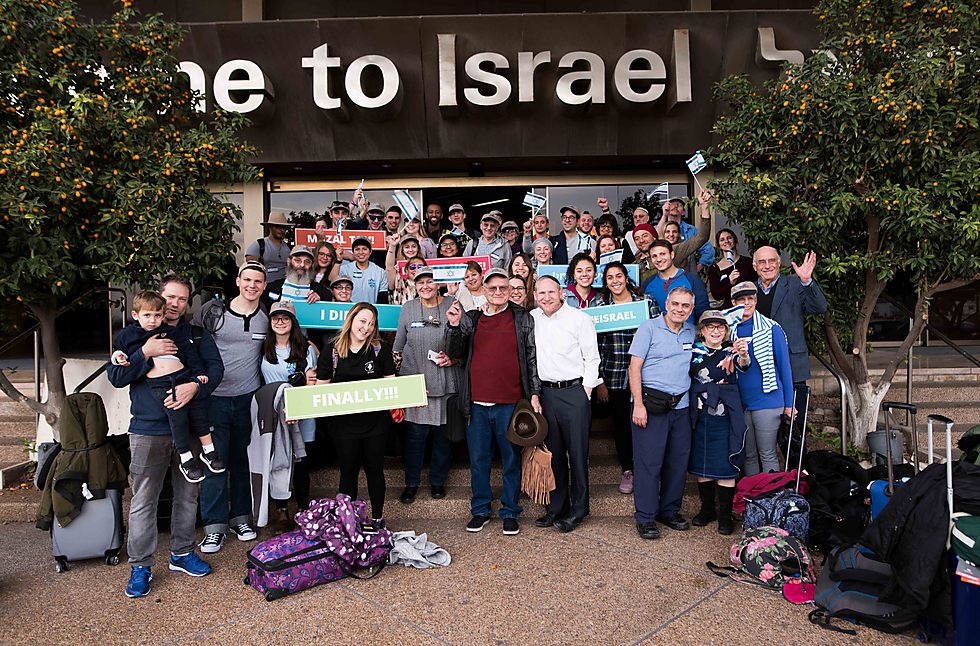
File photo
Photo: EPA
70 years after its inception, the State of Israel has 8,842,000 residents—almost 11 times as many as it had at the time of its establishment, according to the Israel Central Bureau of Statistics (CBS).
Out of those 8,842,000 residents, the data shows some 6,589,000 residents (74.5% of the total population) are Jews, while approximately 1,849,000 residents (20.9%) are Arab. There are only 404,000 people (4.6%) residing in Israel who are neither Jewish nor Arab.
The data show that since last year's Independence Day, the population of Israel has grown by approximately 163,000, an increase of 1.9%. During this period, about 177,000 babies were born in Israel, some 41,000 people died, and 27,000 immigrants arrived in the state.
The Central Bureau of Statistics said that the rate of population growth during the first decade of the state was more than 8% per year on average, but in the 1980s the growth rate dropped to 2%, where it plateaued.
The CBS expects the annual growth rate to fall to 1.7 percent in 2048 and 1.6 percent in 2065.
According to estimates, in 2048—when Israel will celebrate its 100th Independence Day—15.2 million people will live in the country.
Today, 44% of the country's residents live in the 15 largest cities, each with more than 100,000 residents.
At the time of its establishment, only one city in Israel had that honor—Tel Aviv. In 1948, there were 240,000 residents living in the city, which constituted 28% of the country's population.
Now, the largest city is Jerusalem, home to 882,000 people.



















